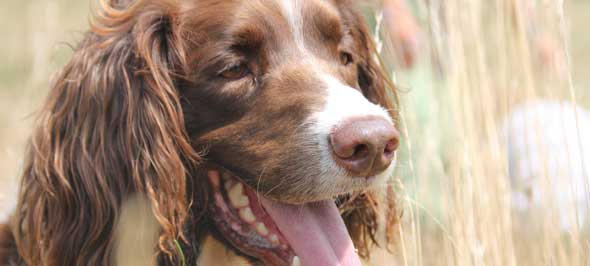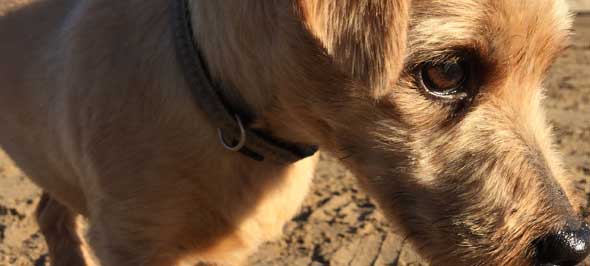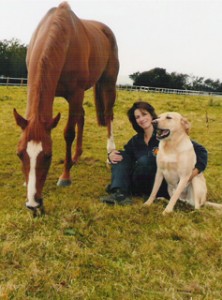Dogs are wonderfully flexible and can be exuberant much of the time. Their willingness to both play and work can place great stress on their musculoskeletal system. Dogs are particularly keen to please and do their best to meet human demands despite any difficulties they are encountering. Signs of problems might include:
•Unwilling to climb stairs or jump up/down from height or in/out of cars
•Vocal expressions of pain on touching the back
•Stiffness before exercise
•Difficulty in getting up or lying down
•Reluctance to play or unwillingness to exercise
•Unexplained behavioural changes
•Unlevelness, toe dragging or change in gait and general posture
These signs may result from (among other issues):
•Established muscle tension resulting in misalignment and spasm
•Adaptations to cope with degenerative problems such as arthritis
•In working dogs a heavy work schedule or difficult terrain
•Breed related conformational issues (such as long backed short legged breeds or hereditary degenerative pathologies)
•Boisterous play with other dogs or repeated use of games such as tug, frisbee etc.
•Post surgical weakness requiring rehabilitation
Treatments for dogs can take place at the dog’s location or at Helen’s base in Bratton Fleming.
The treatment is only the beginning of the healing process and a careful aftercare programme will be devised which should be followed to gain maximum benefit from treatment. Owners will be given a written report of the findings, therapy undertaken and aftercare recommendations, including “homework” exercises, to enable them to best support the treatment which has been given and continue the rehabilitative process. It may be necessary to follow up the initial treatment with one or two more sessions but generally Helen’s aim is to produce a long-term improvement in the dog which should result in only a 6-monthly or annual maintenance check-up being required.
Physiotherapy Treatment for Dogs



